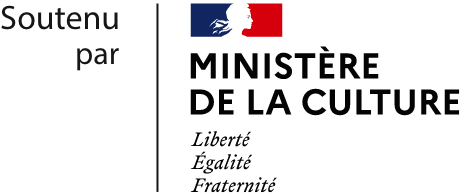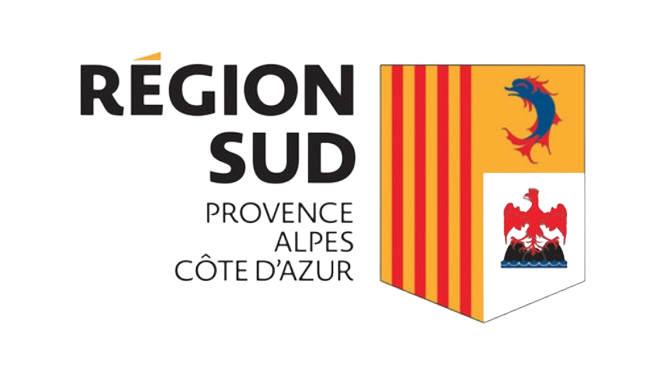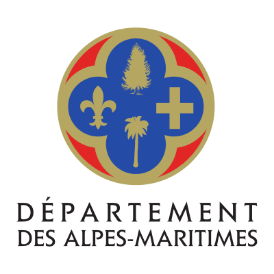DNSP Dancer through Apprenticeship Programme
As a professional training organisation registered with the DREETS, the PNSD Rosella Hightower has developed apprenticeship for the delivery of the Higher National Diploma in Professional Dance Performance (DNSP).
Each student benefits from specialised training, the pedagogy of which is built around practical professional situations, eventually leading to our EU-recognized Bachelor’s Degree.
Find out more about the Higher National Diploma in Professional Dance
Find out more about the Framework of Professional Activities and Certification Framework
Corresponding to the last year leading to the DNSP Dancer degree, the training provided under the apprenticeship contract is based on the competency framework and PNSD’s accredited curriculum. Its professional dimension is enhanced and relies on the experience gained from working in a company, while sustaining it and complementing it. The training offers a diversity of styles and choreographic universes, by exploring other choreographers and repertoires beyond those practised within the company, encompassing both ballet and contemporary dance.
Training’s main 3 objectives :
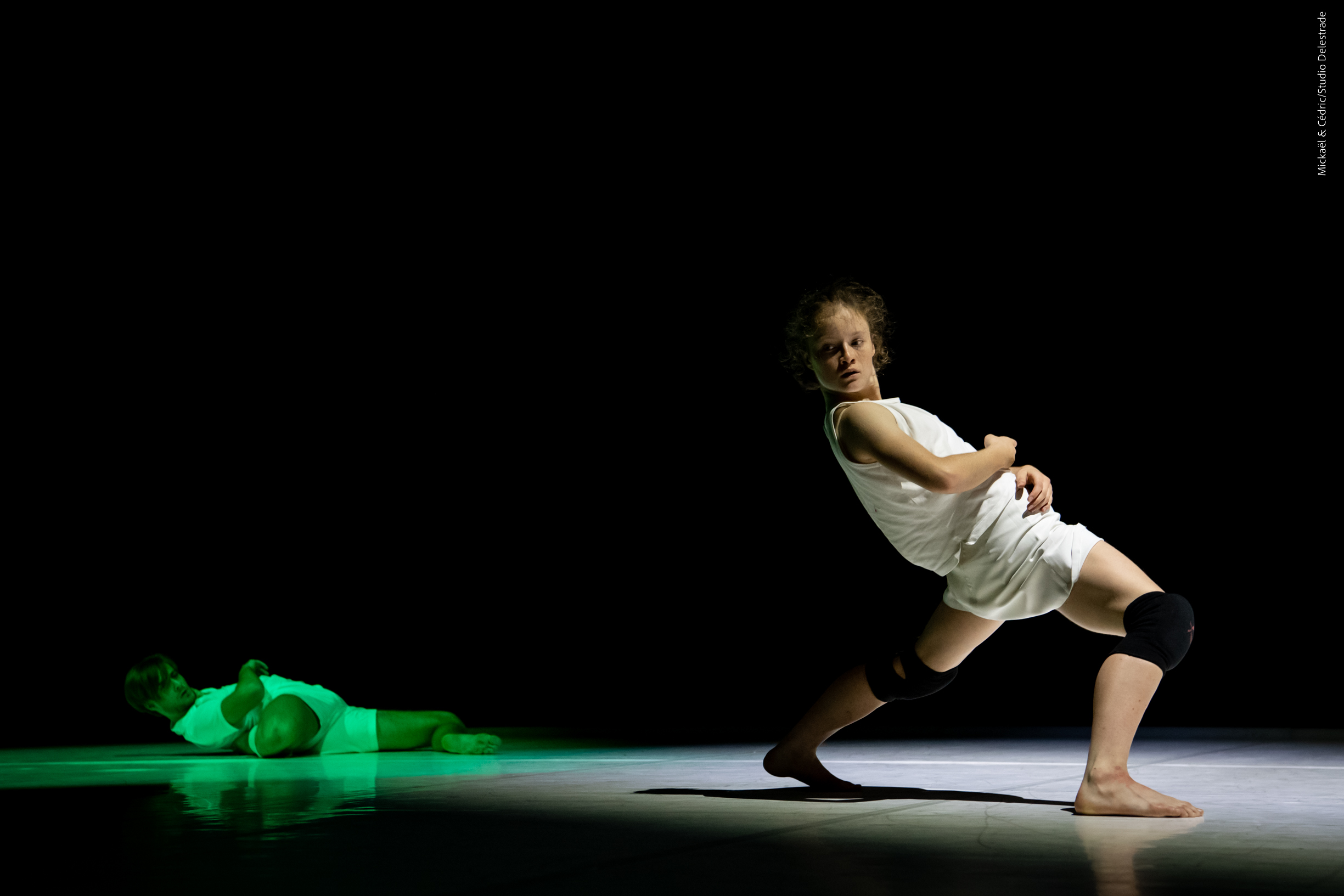
The training enables earning 60 ECTS credits during the final year of the DSNP Dancer cycle. At the outset of the training, the apprentice’s training background will be considered to credit prior knowledge. If the 120 ECTS credits corresponding to the two first years in the DNSP cycle cannot be earned, the apprentice will be offered remedial modules. Each credit can be assessed independently and the ECTS be retained indefinitely.
The CFA (Apprentice Training Centre) allows some students, admitted into companies through auditions, to complete their final year of the DSNP cycle through an apprenticeship contract. Currently, three dance companies are collaborating with the PNSD on the apprenticeship programme: the National Ballet in Marseille, the Ballet Preljocaj, and the Ballet du Grand Opéra d’Avignon. To enrol in our DNSP Dancer apprenticeship training, students will need to audition at the aforementioned companies. Dates and requirements will be available on the companies’ websites.
- Apprentis Audition Ballet National de Marseille : Saturday, January 24, 2026
- Ballet Preljocaj Apprentice Audition: March 28 and 29, 2026
Contact: https://forms.office.com/r/4ReVSBb1vM - Opéra Grand Avignon Apprentice Audition: May 11, 2026
Contact: michele.soro@grandavignon.fr
The training has an average duration of 350 hours over 12 months (10 weeks), under the supervision of a tutor. The training periods at the Apprentice Training Centre (CFA) are concentrated in grouped periods to adapt to the company’s work schedule. The remaining time is spent in the company.
Next enrollment begins in September 2026.
Locations: Ballet Preljocaj, Ballet National de Marseille, other dance studios in Marseille and Aix-en- Provence.
The training is free of charge. However, accommodation, meals and transportation expenses are borne by apprentices. Various financial aids are available.
The apprentice’s age and the number of years needed to complete one’s contract determine one’s salary. The salary calculation is based on the gross monthly minimum wage (SMIC).
Salary levels are then categorised based on the apprentice’s age on the third year of apprenticeship.

Special aid for apprentices
- INSERJEUNES website : find the vocational training course that best suits you to enter the job market !
- Assistance with transportation, accommodation, leisure and health
- Assistance to pay for a driving licence – Category B – for apprentices
- Housing assistance for young people
- Free Métropole card (Aix-Marseille journey €2)
- Pass culture by Région Sud : 80€ to pay for books, show tickets, sport practice, and more
- A dedicated website with
general information for young people by the Ministry of National Education, Youth and Sport
- Access the various aids provided by the Region
- Access the Ministry of Labour’s Apprenticeship Portal
- Housing benefits -
APL
- Housing guarantee
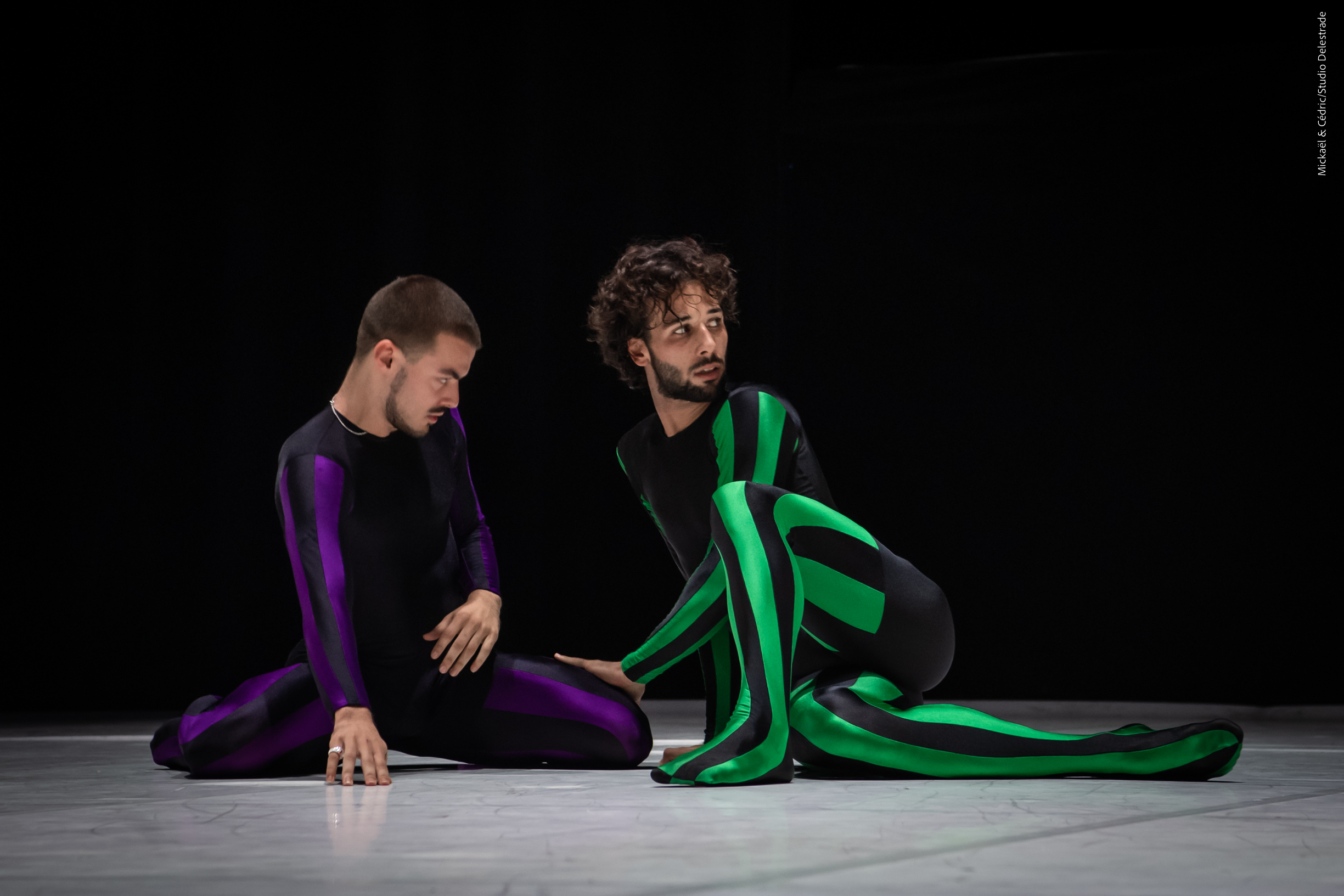
Apprenticeship is founded on a practical phase spent in a business, alternating with both a theoretical and practical phase at the Apprentice Training Centre. It is a highly valuable pathway to employment and professional insertion.
The training offers a diversity of styles and choreographic universes, by exploring other choreographers and repertoires beyond those practised within the company, encompassing both ballet and contemporary dance.
The PNSD Rosella Hightower is attentive to any specific requests in case of disability, in order to facilitate your participation in our training. Please contact our
Disability Coordinator.
In the field of live performance, the employer structures are choreographic companies (accredited or not), National Choreographic Centres (CCN), Choreographic Development Centres (CDC), ballets of the French Operas Reunion (ROF), multidisciplinary structures in production and dissemination of live performance (with a fixed residence or not), national stages, city theatres and other funded stages, operas, festivals, music producers, private theatres, and cabarets.
Even though the DNSP Dancer is a vocational degree aiming for swift professional insertion, further studies as well as a change in career path can be considered after its completion. Options include Master’s Degrees in Dance and Arts, short-term courses or workshops for dancers aiming for choreography, courses in Benesh or Laban movement notation, the State Diploma in Dance Education (DE). Careers in the broader healthcare sector are equally open to professional graduate dancers. Additionally, careers in stage-related fields – technical, stage management, scenography – or in the performing arts industry in general, including administrative, communication, and public relations positions, are potential alternatives for further studies for dancers.
Pass rates for the DNSP Dancer through Apprenticeship over the past 5 years :
- Year 2023/2024:
Ballet Preljocaj: 100% success rate for the DNSP Dancer diploma
Ballet National de Marseille: 60% success rate for the DNSP Dancer diploma (1 withdrawal and 1 deferment to the 2024–25 season)
Opéra Grand Avignon: 100% success rate for the DNSP Dancer diploma - Year 2022/2023: 88.24%
- Year 2021/2022: 92.30%
- Year 2020/2021: 100%
- Year 2019/2020 (Covid year): 72.72%
- Year 2018/2019: 87.50%
Continuation rate :
Drop-out rate during training :
Drop-out rate during training :
Immediate employment rates after the final year of apprenticeship over the past five years
- Year 2023/2024: 81.25%
- Year 2022/2023: 88,24%
- Year 2021/2022: 46%
- Year 2020/2021: 86%
- Year 2019/2020 (Covid year): 82%
- Year 2018/2019: 91%
- Year 2017/2018: 85%
Added value of the establishment :
The Rosella Hightower PNSD is the only apprentice training centre to offer access to the National Higher Professional Diploma in Dance.
Satisfaction rate 23-24: 68.57%
